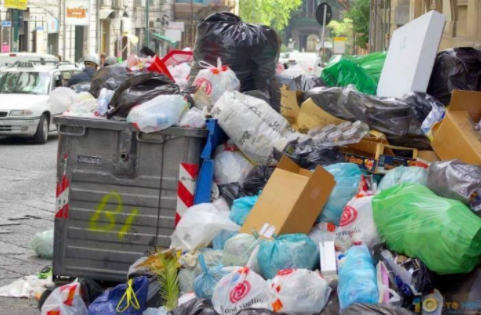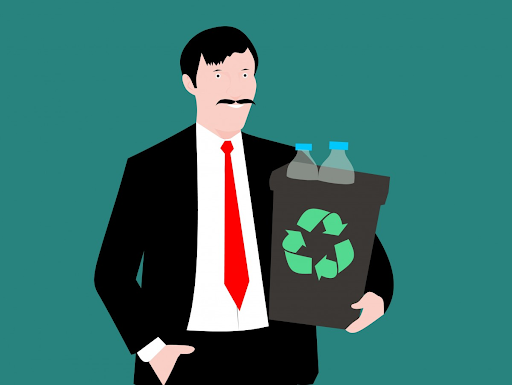7 benefits of recycling
Waste recycling has grabbed the interest of much of society. This topic has prompted many people of all ages to become aware of environmental issues in order to take appropriate action. The easiest thing to start with in this regard is to recycle our waste in designated areas.
Recycling has a number of advantages. Here we will go into more detail about the benefits of recycling for the environment and the planet as a whole. The main benefit of recycling is that it helps to protect the environment.
As the threat of global warming grows more and more serious and extreme weather conditions become more frequent, steps that help protect the environment are rightly considered very important. Recycling is one of these steps, in which it is relatively easy for all residents of a settlement to participate in this process.
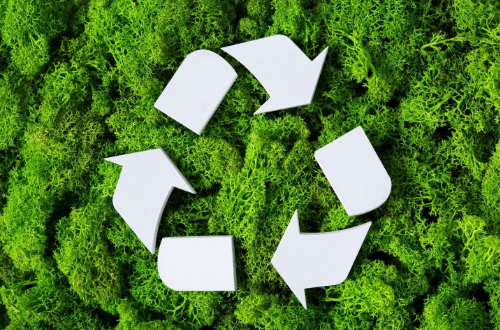
What is recycling?
Recycling is a process in which materials are reused to produce new products. Therefore, instead of throwing materials in the ordinary container, where your garbage will simply be left in the landfill , it is better to separate it and put it in the appropriate places for recycling.
It aims to use this material as a resource that can continue to be useful. It is important to note that not all materials can be recycled. For example, hazardous waste cannot be recycled. However, a wide range of materials can and this is often indicated on the material itself.
The fact that large amounts of waste are subject to recycling, means that businesses can significantly reduce the amount of waste they ship to landfills by implementing appropriate recycling processes. Therefore, it is through recycling that possible to significantly reduce damage to the environment.
Recyclable materials include:
- Green waste (organic)
- Paper
- Plastic
- Glass
- Metal
- Batteries
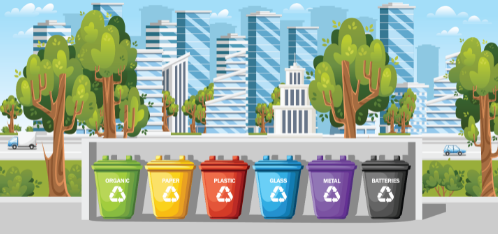
7 benefits of recycling and why is it so important nowadays?
Preservation of natural resources
Because recycling involves the reuse of raw materials, it can help conserve the planet’s natural resources. Instead of extracting raw materials from the ground, recycling provides us with a greener alternative.
Reducing the demand for raw materials can also help stop deforestation in large areas, such as those around the Amazon River , due to interest in natural resources.
In this way, recycling can help us slow down the rate at which we extract and extract minerals and other resources from the earth, thus protecting and helping to preserve the earth’s natural resources for future generations.
Protection of ecosystems and wildlife
Landfills and sites where waste incineration takes place have a very harmful impact on the environment. All this leads to disturbance of animal habitats, which usually cannot be repaired.
This is especially important when the habitats of rare or endangered species are endangered. Recycling can eliminate the need for these hazardous waste sites by reducing the amount of waste that is sent to them.
By working to reuse materials, instead of just throwing them away, we can protect the environment and help preserve natural habitats, instead of destroying them.
Reduce the use of raw materials
Recycling means that material that would otherwise be classified as waste and simply left to sink into the soil can now be reused. By reusing materials we can reduce the demand for new materials.
Through this process we can reduce the levels of pollution that are released when creating new materials. In addition, waste stored in landfills can contribute to environmental damage, so avoiding unnecessary filling of landfill waste is highly desirable.

Energy saving
In a similar way to reduce costs, recyclable material is much more energy efficient than creating new material. Therefore, increased recycling can lead to lower levels of energy consumption.
Reducing energy consumption may lead to the need for less energy to be generated, which in turn leads to less pollution and generally reduces environmental damage.
Reducing the harmful effects on the climate
As already mentioned, recycling can help eliminate the problem caused by the huge amounts of waste that are simply dumped on landfills. In many cases, this waste is simply incinerated.
However, this releases large amounts of CO2 into the air, something that can significantly contribute to the problem of global warming when performed on a large scale. If increasing volumes of waste are recycled, this means that this also reduces the harmful gases in the atmosphere released during the burning of garbage.
In this way, recycling can help tackle one of the causes of global warming and pollution.
Reduce waste costs
Recycling is significantly cheaper than collecting and disposing of waste in designated areas.
Studies show that disposing of recycled waste is 6 times cheaper than total waste. The more you recycle and the less rubbish you put in the bin, the more money you save, which should be of benefit to households, businesses and local public services.
Recycling food waste and green waste is also a great idea, often generating very valuable compost that can be used to grow cereals and other crops.
Providing new jobs
The Environmental Protection Agency publishes significant findings on the economic benefits of the recycling industry. This study analyzes the number of jobs, wages and tax revenues associated with recycling.
It has been found that for one year, recycling and reuse activities in the United States report:
- 681,000 jobs
- $ 37.8 billion salary
- $ 5.5 billion in tax revenue.
This equates to 1.17 jobs per 1,000 tons of recycled materials and $ 65.23 salary and $ 9.42 tax revenue for each ton of recycled materials.
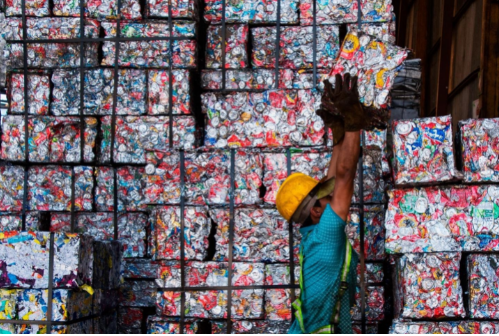
In general, recycling can be a beneficial process for the environment . As it helps conserve natural resources, reduce pollution levels and address some of the root causes of global warming, recycling clearly has a positive effect on the environment.
A culture of recycling is becoming more and more common in countries. This culture encompasses both homes and businesses, with people now placing a strong emphasis on environmental responsibility. Within this culture, people take recycling seriously, demonstrating that it is extremely important for the environment.

